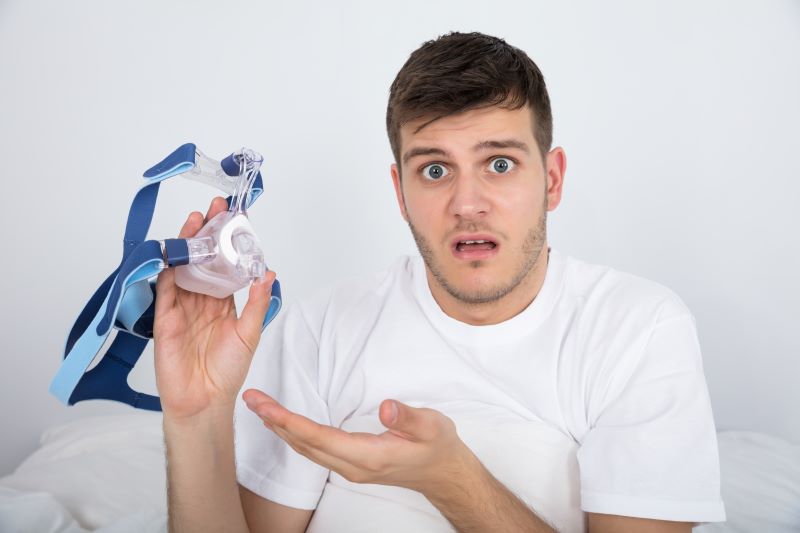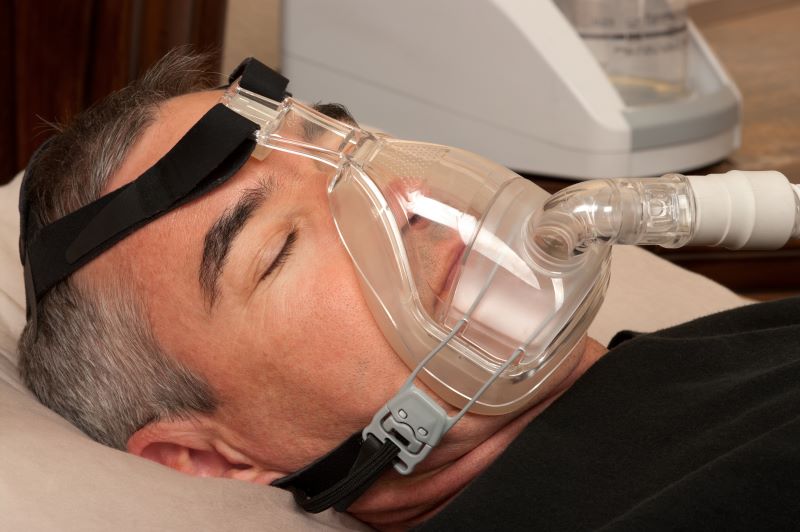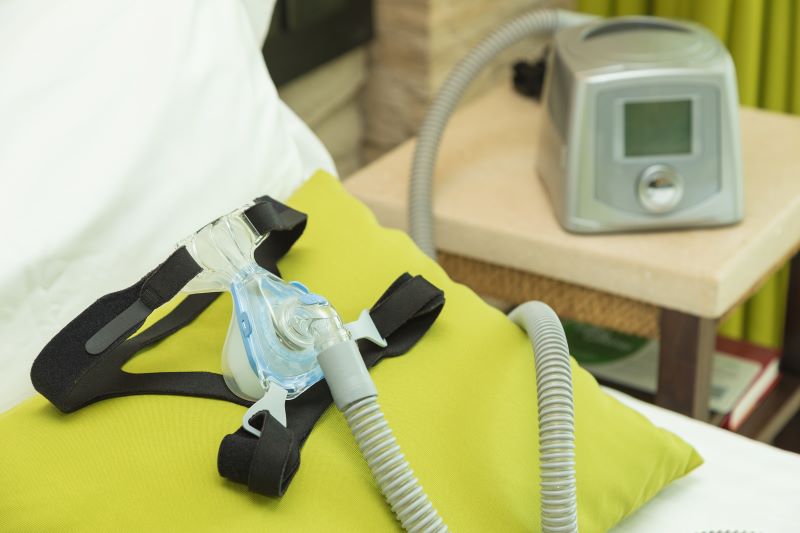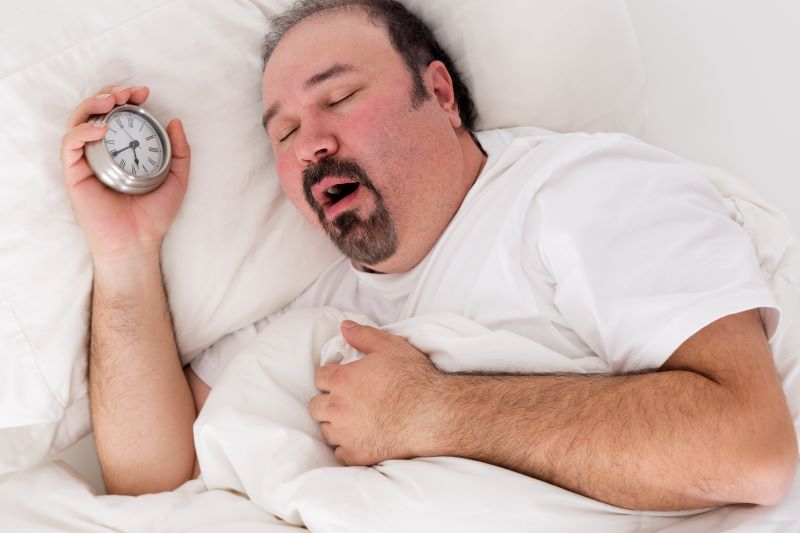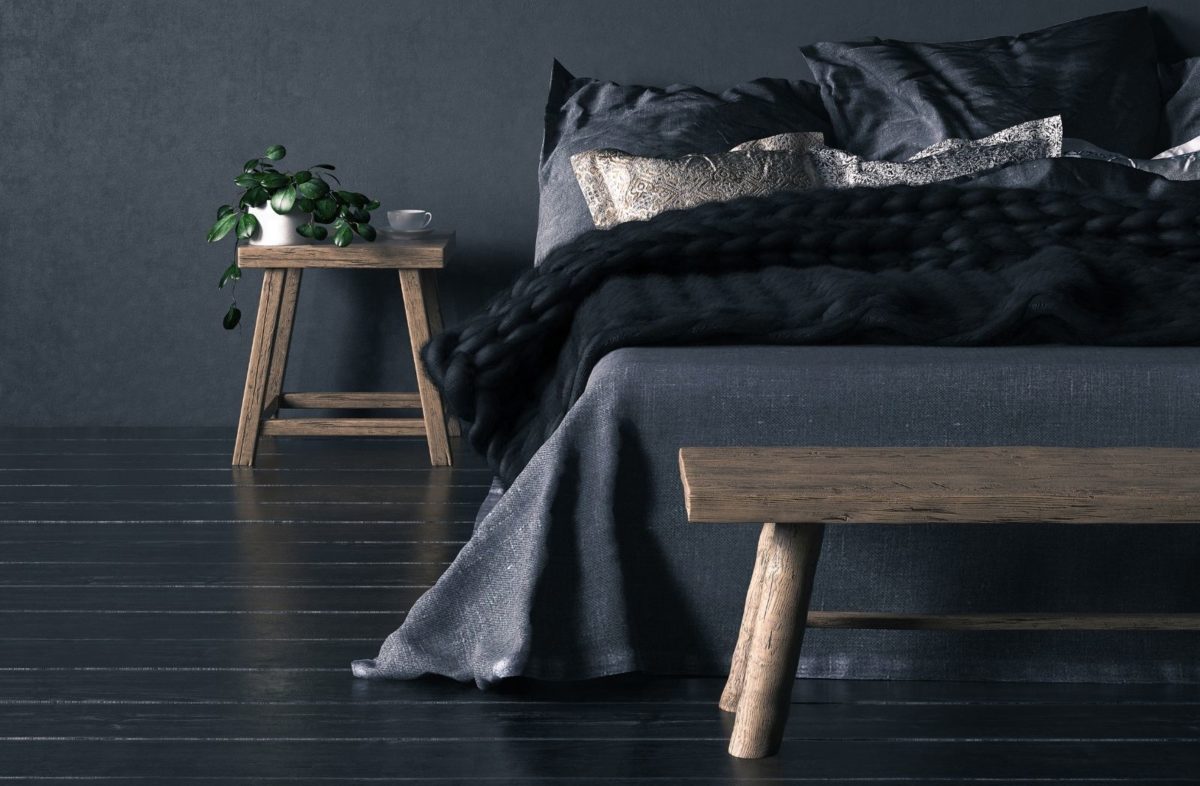Getting a good night’s rest is a necessary end to any day. For some, that means the use of a CPAP machine. While these machines make sleeping easier for many suffering from sleep apnea, they can cause some issues. Knowing those issues can help distinguish between proper and poor sleep. This article will discuss the most common problems, such as CPAP dry mouth, and how to avoid them.
Problems Experienced by CPAP Users
Improper Fitting Mask
One common issue is a CPAP mask that does not fit properly. A mask that does not fit well can prevent proper breathing or dry out nasal passages. Consulting with a CPAP specialist is essential to ensure you use a suitable mask that fits correctly. For example, partial masks called nasal pillows are easier to adjust and are less awkward to keep in position. These masks are helpful for people with a pre-falling asleep routine, such as reading in bed, as they aren’t as bulky and difficult to wear while conscious. There are many other masks that you can find on our CPAP equipment shop!
Even with a suitable mask, it can take time to adjust to using a CPAP machine, making falling asleep and staying asleep tricky in its own right. In such instances, practicing wearing the mask to grow accustomed to its use may help. In addition, growing accustomed to wearing the mask while awake can help solve other issues, such as claustrophobia. By getting used to the mask, feelings of claustrophobia lessen.
Airflow Adjustment
Just wearing the mask to get used to it is not enough for some. Fortunately, many machines have a feature to increase airflow. This feature called a ramp feature, is especially useful for ensuring proper airflow to prevent issues with falling asleep. Too little airflow can impact people even when using a properly fitted mask or nasal pillow.
Dry Mouth
CPAP dry mouth can occur for some users, especially those who tend to breathe through their mouth. This issue can be resolved with a full mask fitted with a chin strap, which will help keep the mouth closed. In addition, some machines are equipped with a specialized heated humidifier to keep the air from drying out, reducing the risk of CPAP dry mouth.
Inconsistent Use
Regular use of a CPAP machine helps, as irregular use makes adjustment difficult and takes more time. For best results, use your CPAP every night, even when away from home.
With a properly fitted mask and sufficient preparation, sleep apnea can be defeated with a CPAP machine, ensuring a restful night’s sleep.
Parkway Sleep Health Centers
Do you use a CPAP machine but find it uncomfortable? There are solutions, and Parkway Sleep Health Centers can help. Our team of professionals can evaluate your needs and ensure you use the best machine and CPAP accessories for the best night’s sleep. Contact us today at 919-439-3463 and schedule an appointment.


